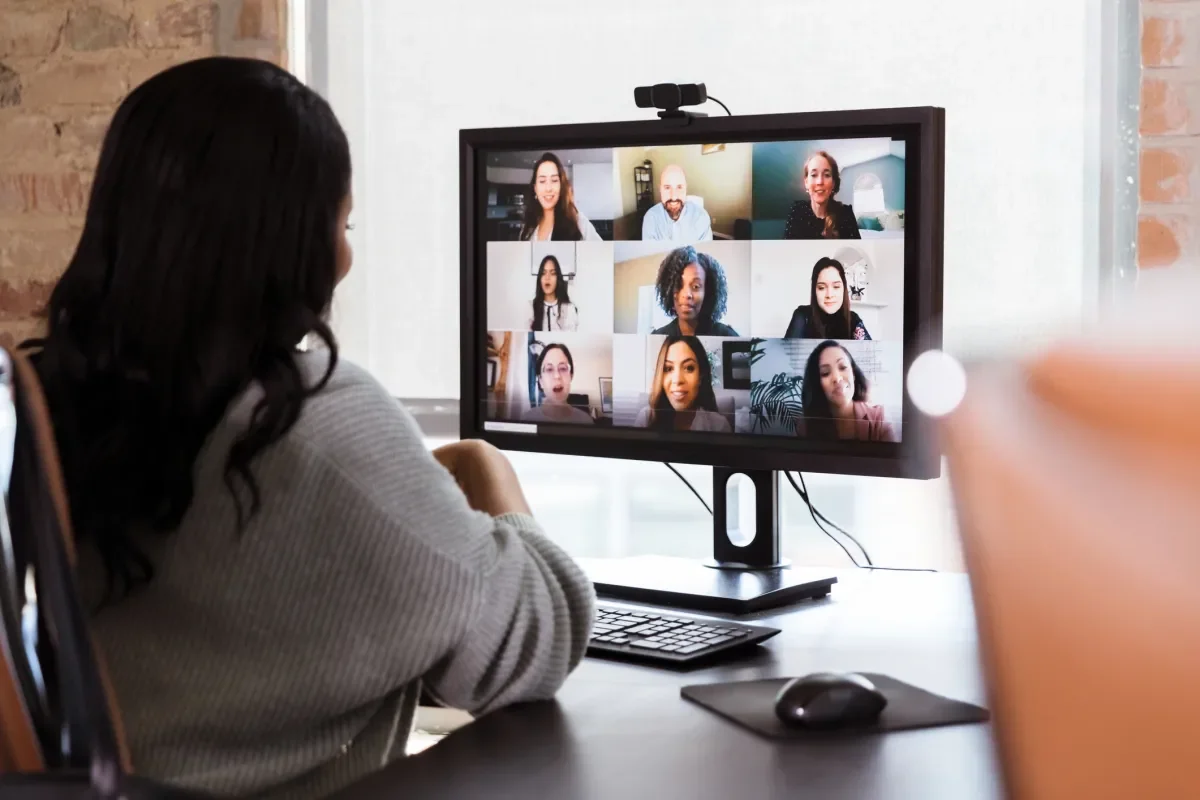

DCU research shows companies benefited from retaining virtual internships despite challenges posed by COVID-19
While COVID-19 significantly disrupted internship programmes in 2020 with up to 50% of all programmes cancelled or postponed, new research from DCU has shown that for those who did proceed with a virtual internship, it proved hugely beneficial for both the company and individual.
The research was carried out by the Leadership and Talent Institute in DCU’s Business School and supported by Deloitte Ireland. It highlights the benefits of those internships that went ahead in a virtual format for young people looking for an opportunity to develop their careers, but also for organisations who rely on these programmes as a core recruitment tool.
It found that interns had greater access to senior leaders in virtual programmes and developed skills which will be increasingly valuable in a virtual or hybrid workplace. It also found that organisations attracted a more diverse applicant pool through virtual offerings.
The research is of particular importance as companies prepare for another summer of remote and hybrid placements and as many now plan to retain hybrid programmes in the future, post-Covid.
David Collings Professor of Human Resource Management and Director of the Leadership & Talent Institute at DCU Business School, said:
“With the impact of the pandemic many organisations lacked the confidence to shift their internship programmes to a virtual format. Our research shows that those who did were highly satisfied with the outcomes. A key lesson is the importance of being willing to trial initiatives, learn quickly and iterate.”
“As hybrid working arrangements are likely to become the norm for many employees, the lessons from virtual internship programmes are likely to provide useful insights for the transition to hybrid work for those firms that did roll them out”.
The research is based on insights from 22 organisations who pivoted to virtual internships in the early stages of 2020. These companies had internship programmes ranging in size from a single participant to thousands as part of global programmes in larger multinationals.
Key findings:
- Students developed skills which are in greater demand in a virtual workplace. The virtual format allowed participants to hone skills and improve digital literacy and professionalism, telecommunication, and time management skills. Further, a remote internship requires self-discipline, independence, and the ability to take initiative.
- It also highlighted increased access to programmes from diverse cohorts. A number of companies reported an increased diversity in applicants - the virtual format levelled the playing field for applicants who lived farther from offices.
- Interns had more access to senior leaders. Traditionally, only those interns at head office locations had the opportunity to engage with the most senior organisation leaders. In travelling less, senior leaders could commit to the sessions such as inductions, virtual coffees and networking sessions.
The research was carried out by Prof David Collings, Prof Claire Gubbins and Michael Keegan in the Leadership and Talent Institute at DCU Business School, with support from Deloitte Ireland. The study was inspired by the experiences of DCU’s Access to the Workplace programme, an initiative to provide summer internships for students from socio-economically disadvantaged backgrounds, which saw available placements drop from 50 in 2019 to 14 in 2020.
By designing a practical toolkit to support organisations in the design and delivery of virtual and hybrid internships, Deloitte and the research team aimed to encourage more companies to provide transformative virtual internships for students this year. DCU Access to the Workplace placements have now rebounded to over 88 this year, a new record for the programme which reflects growing confidence with virtual and hybrid internship formats.
Mike Hartwell, Head of Audit and Assurance at Deloitte Ireland, commented:
“Over the course of the pandemic, businesses, education institutions, and organisations across all industries, have transformed how they work. We have learnt much about how we can adapt digitally and improve our ways of working. These learnings must extend to internships as well. Ensuring that opportunities will continue for students across the country in this new virtual and hybrid world is critical in developing a workforce that is fit for the future and that will serve our economy well, and so we are delighted to support this important work by the team at DCU.”
To view or download the practical toolkit visit dcu.ie/virtual-internships
